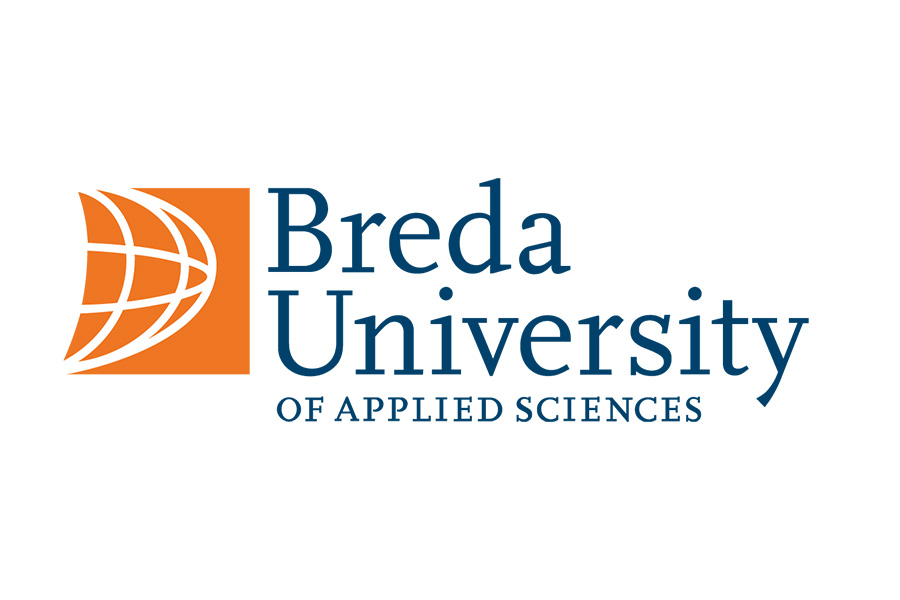
'Deal between hotelier CitizenM and hotel giant Marriott is not a corporate takeover'
Amsterdam-based hotelier CitizenM will be owned by US hotel giant Marriott. According to reports in some media, the takeover appears at first glance to be a classic corporate takeover, but in reality it is about buying the brand and the formula. The real estate and operation of existing hotels will remain in the hands of the original shareholders.
This recent transaction is a prime example of how hotel deals these days are rarely easily labelled as 'an acquisition'. In reality, this is not an acquisition of the entire CitizenM company, but specifically the brand name, formula and associated intellectual property. This means that the operation of existing hotels, like the property itself, remains in the hands of the original shareholders.
This type of deal regularly evokes confusion, including in the media. CitizenM has been working for years with a mix of ownership, rental structures and management contracts. This makes it even more important to be clear about what exactly is being sold. The purchase price of USD 355 million to possibly USD 465 million is therefore based purely on brand value and contrasts sharply with previous valuations of EUR 2 billion to even EUR 4 billion that also included real estate and operating income.
For interested parties, it is crucial to understand these underlying structures. By taking a sharp look at who owns the property, who operates it, who is responsible for day-to-day hotel management and, finally, who operates the brand, strategies and interests of the parties involved become much clearer.
Ultimately, this is a signal that the hotel industry is increasingly operating on the model of separation of brand, ownership and operation. Marriott increases its portfolio with a strong brand, while CitizenM continues to grow through the much larger Marriott network; each from a different role, but with shared interest in brand equity and scale.




